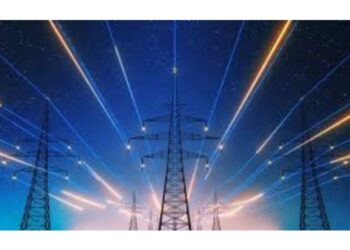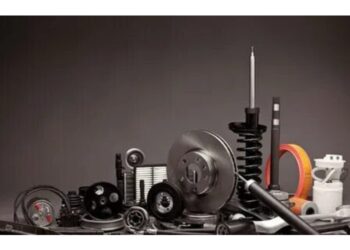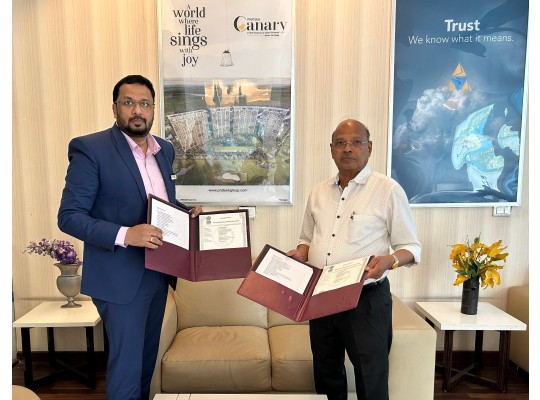As per the report published by The Brainy Insights, the global lithium-sulfur battery market is expected to grow from USD 24.13 million in 2022 to USD 932.34 million by 2032, at a CAGR of 45.45% during the forecast period 2023-2032. This significant growth is driven by the high energy density and efficiency of lithium-sulfur batteries in automotive, aerospace, and consumer electronics applications. These batteries maintain 99% efficiency over 200 charge and discharge cycles and can power a smartphone for five days, boosting the Lithium-Sulfur Battery market’s expansion.
Competitive Strategy
To enhance their market position, key players are focusing on product innovations, mergers & acquisitions, recent developments, joint ventures, collaborations, and partnerships. For instance, in September 2020, LG Energy fitted a Li-S battery in a UAV developed by the Korea Aerospace Research Institute. This battery demonstrated a 13-hour successful test flight at high altitudes and extreme conditions, helping the organization gain market share.
Market Growth & Trends
Lithium-sulfur batteries are known for their high specific energy, using sulfur as the cathode and lithium as the anode. They are particularly suitable for high-energy applications rather than power cell applications. Initially, these batteries are expected to be deployed in niche markets like drones, satellites, and defense sectors. Their lightweight nature is advantageous, though current manufacturing costs are high. As the technology matures, costs are expected to decrease, making these batteries more viable for the vehicle sector. Recent trends in miniaturization of electronic components and a focus on sustainability are driving the growth of lithium-sulfur batteries. These batteries offer double the energy density of lithium-ion batteries and are more cost-effective due to the abundance and low cost of sulfur compared to elements like manganese, nickel, and cobalt used in Li-ion batteries. This makes lithium-sulfur batteries highly beneficial for electric vehicles, potentially requiring only weekly charging. These factors are set to drive the market’s growth during the forecast period.
Key Findings
- In 2022, the high energy density segment held the largest market share of 55.87% and revenue of USD 13.48 million. This segment is expected to grow due to increased investments in solar and wind farms.
- The aviation segment also dominated in 2022 with a 54.23% market share and USD 13.09 million in revenue, driven by the growing potential of electric aviation.
Regional Analysis
- North America held the largest market share in 2022, accounting for 35.21% and USD 8.50 million. This is due to the presence of leading organizations like NexTech Batteries Inc. and PolyPlus Battery Company focused on R&D.
- The Asia-Pacific region is expected to have the fastest growth rate, with significant contributions from China, South Korea, and Japan.
Key Players in the Market
- PolyPlus Battery Company
- LG Energy
- Zeta Energy LLC
- Li-S Energy Limited
- Lyten, Inc.
- NexTech Batteries Inc
- Giner Inc
- Theion GmbH
- Gelion GmbH
- Graphene Batteries AS
- Rechargion Energy Private Limited












